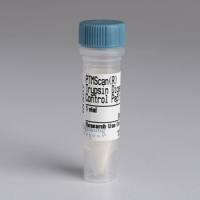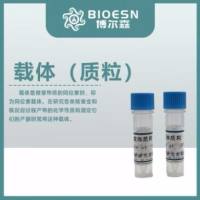Animal models are considered essential in research for elucidation of human disease processes and subsequent testing of potential therapeutic strategies. This is especially true for neurodegenerative disorders, in which the first steps in pathogenesis are often not accessible in human patients. Alzheimer’s disease (AD) is vastly becoming a major medical and social-economical problem in our aging society. Valid animal models for this uniquely human condition should exhibit histopathological, biochemical, cognitive, and behavioral alterations observed in AD patients. Major progress has been made since the understanding of the genetic basis of AD and the development and improvement of transgenic mouse models.
All AD models developed up to date are partial, but nevertheless, essential in further unraveling the nature, and spatial and temporal development of the complex molecular pathology underlying this condition. One of the more recent transgenic attempts to model AD is the APP23 transgenic mouse. This paper describes the development and assessment of this human amyloid precursor protein overexpression model. We summarize histopathological and biochemical, cognitive and behavioral observations made in heterozygous APP23 mice, thereby emphasizing the model’s contribution to clarification of neurodegenerative disease mechanisms. In addition, the first therapeutic interventions assessing predictive validity in the APP23 model are included.






